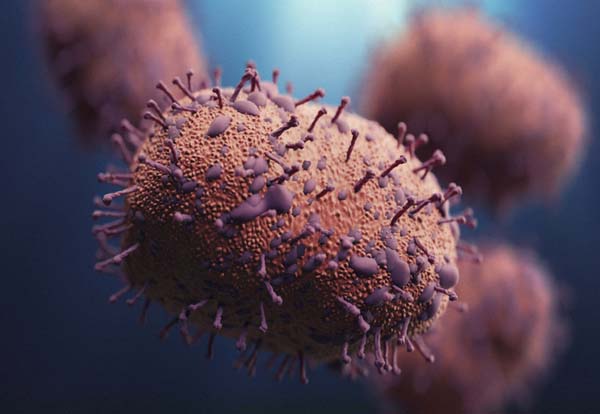LONDON, Nov 27: A new strain of swine flu has been detected in a person in the UK for the first time and close contacts are being monitored to determine its potential to spread among humans, the country’s health authorities reported here on Monday.
The UK Health Security Agency (HSA) said the virus strain found in pigs was detected in a person with mild respiratory symptoms after a routine test at a general practitioner (GP) surgery was analysed in a lab.
While investigations are underway to determine the source of the infection, the close contacts of the individual who has since fully recovered are being monitored.
“This is the first time we have detected this virus in humans in the UK, though it is very similar to viruses that have been detected in pigs,” said Dr Meera Chand, Incident Director at the UKHSA.
“We are working rapidly to trace close contacts and reduce any potential spread. In accordance with established protocols, investigations are underway to learn how the individual acquired the infection and to assess whether there are any further associated cases,” she said.
The Indian-origin microbiologist stressed that routine flu surveillance and genome sequencing led to the early detection of the new virus strain named Influenza A(H1N2)v. It is similar to flu viruses currently circulating in pigs in Britain and the UKHSA said it is working closely with partner agencies to determine the characteristics of the pathogen and assess the risk to human health.
“We know that some diseases of animals can be transferred to humans – which is why high standards of animal health, welfare and biosecurity are so important,” said Christine Middlemiss, UKHSA Chief Veterinary Officer.
“Through our animal and human surveillance systems we work together to protect everyone. In this case we are providing specialist veterinary and scientific knowledge to support the UKHSA investigation. Pig keepers must also report any suspicion of swine flu in their herds to their local vet immediately,” she said.
The UKHSA advice, meanwhile, is that people with any respiratory symptoms should continue to follow the existing guidance, which is to avoid contact with other people while symptoms persist, particularly if the people they are coming into contact with are elderly or have existing medical conditions.
“UKHSA is monitoring the situation closely and is taking steps to increase surveillance within existing programmes involving GP surgeries and hospitals in parts of North Yorkshire. To assist in the detection of cases and assessment of transmission, those people who are contacted and asked to test are encouraged to do so,” it said.
According to experts, when an influenza virus that normally circulates in swine is detected in a person, it is called a “variant influenza virus”. H1N1, H1N2 and H3N2 are major subtypes of swine influenza A viruses in pigs and occasionally infect humans, usually after direct or indirect exposure to pigs or contaminated environments.
Based on early information, the infection detected in the UK is a distinct clade (1b.1.1), which is different from recent human cases of influenza A(H1N2) elsewhere in the world but is similar to viruses in pigs in the UK.
UKHSA analysis reveals that in 2009, there was a pandemic in humans caused by an influenza virus named Influenza A H1N1(pdm09), commonly referred to as “swine flu”. That virus contained genetic material from viruses that were circulating in pigs, birds and humans in the 1990s and 2000s. Influenza A H1N1(pdm09) is now circulating in humans seasonally and is no longer referred to as swine flu.
However, that strain is distinct from the viruses currently circulating in pigs. The UKHSA has notified the World Health Organisation (WHO) of the latest case. (PTI)
Trending Now
E-Paper


